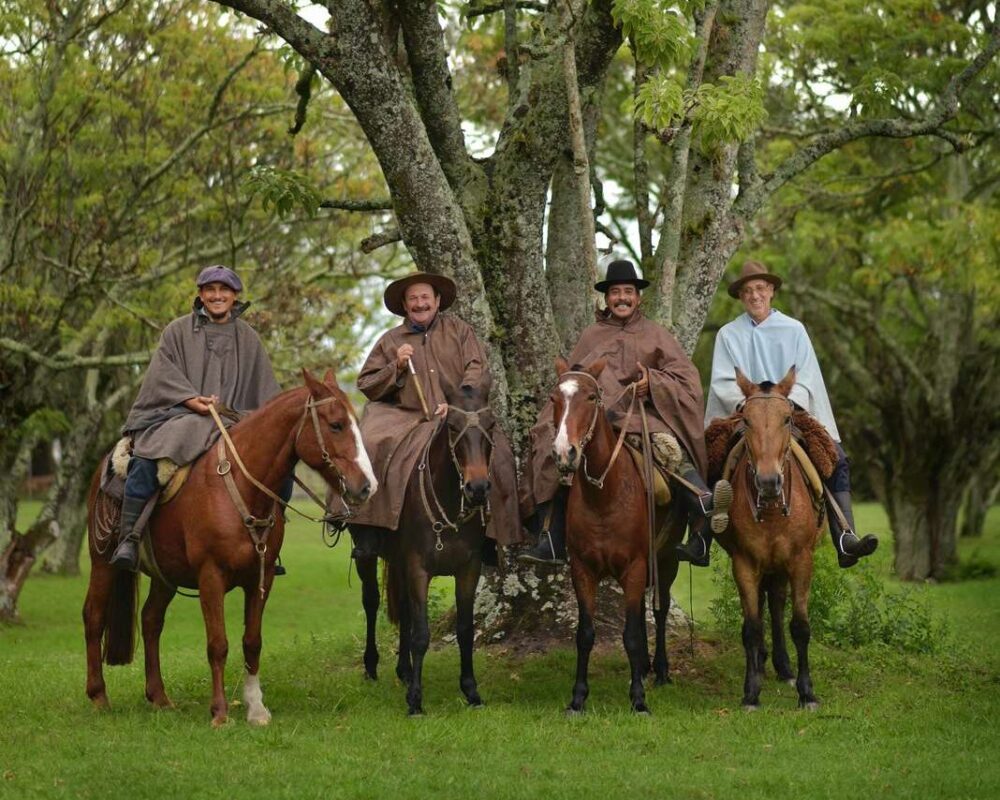Contributing to the UN Sustainable Development Goals
Ingleby Farms’ internal goals and ambitions for Farming with Nature are supported by six of the UN Sustainable Development Goals. Below we report on our progress during 2020/21.
Farming can play a pivotal role in advancing The Ten Universal Principles on environment, human rights, labour and anti-corruption. We recognised that we could both promote
and advance the SDG’s whilst also taking inspiration in refining our own model of sound, regenerative agriculture. This is why we joined the UN Global Compact in 2014 and zeroed
in on six key SDGs to intertwine with our five Farming with Nature 2030 Commitments.
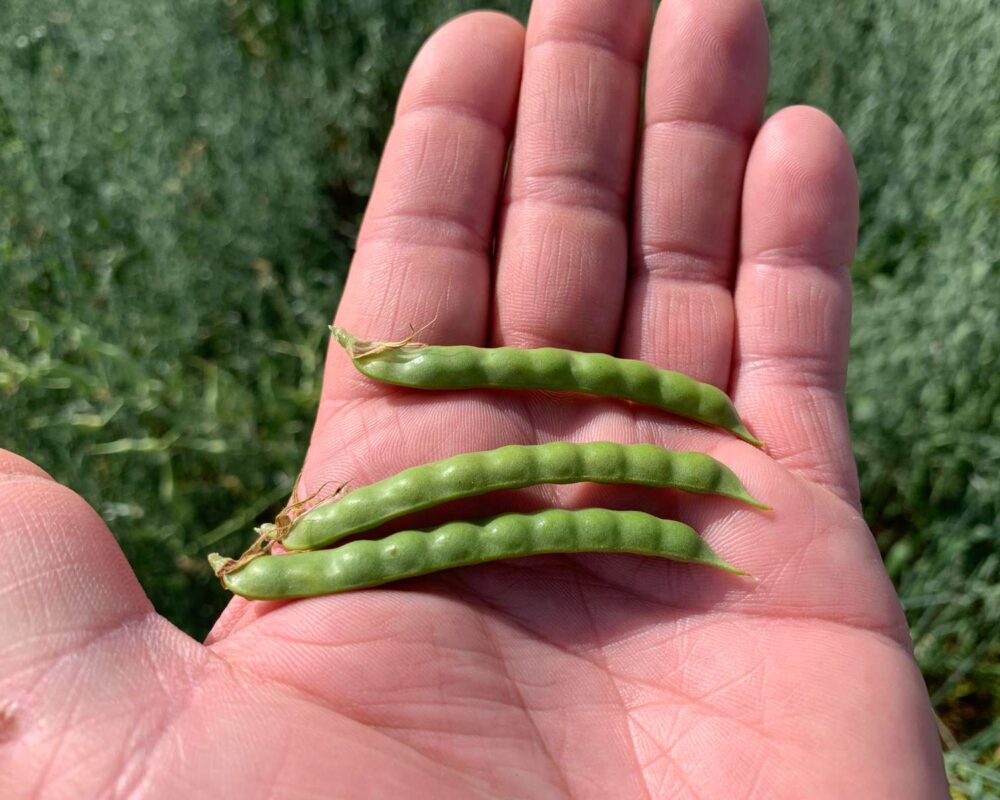
[Goal #2]
Zero Hunger
- Across all our farms, we grew 52 different crops during year 2020/21, and our total crop production reached 218,386 tonnes, equaling 4.8 tonnes of crop per cropping hectare.
- Converted into calories, our food production totals 638,615 million calories. This can feed 699,852 people for a year, based on an estimated daily intake of 2,500 calories per person.
- We are taking sustainable agriculture further by adopting regenerative agricultural practices.
- Healthier soils through regenerative agriculture will improve our farms’ resilience to extreme weather, safeguarding food production.
[Goal #6]
Clean Water and Sanitation
- We protect 2.6% of our land as water habitats.
- We achieved the GLOBALG.A.P. SPRING assurance for our avocados, table grapes and blueberries in Peru, which reinforces our efforts in responsible irrigation and best
practice. - In Romania, we have a new reservoir with surface water runoff for irrigation. We collect water in the landscape and recap drainage water before releasing it into the creek.
- Also in Romania, we have a new water reservoir for irrigation, securing more consistent water supply for crops and creating additional aquatic habitat.
- During the year, we finalised an irrigation dam at Maria Elena farm in Uruguay.
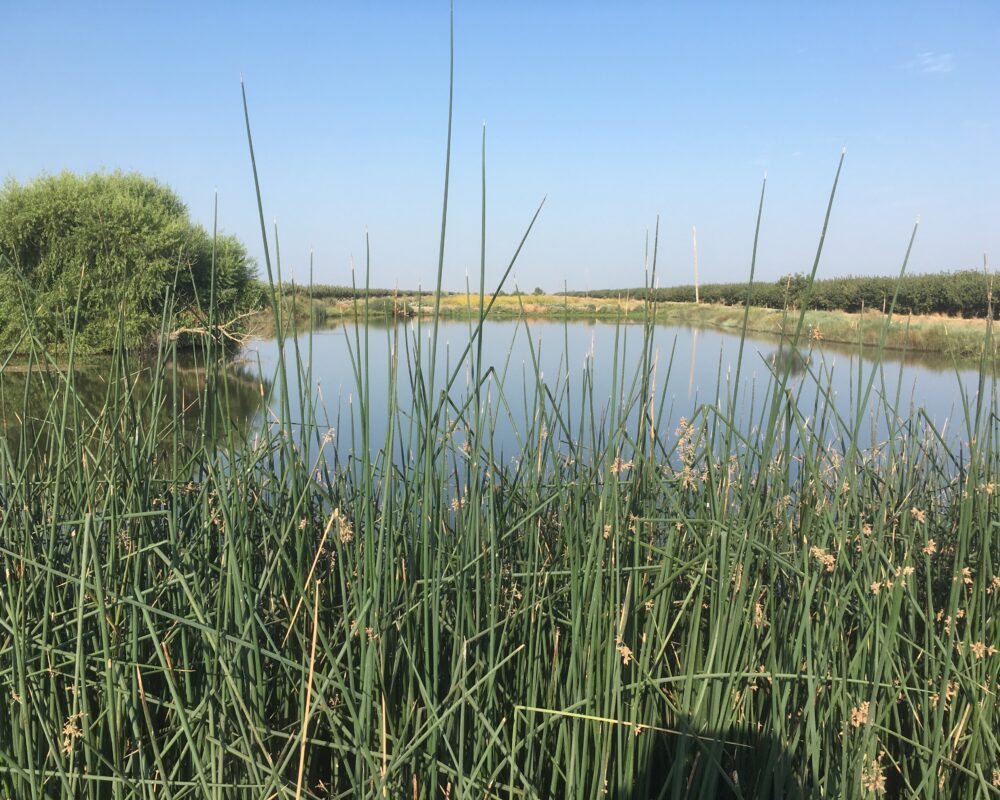
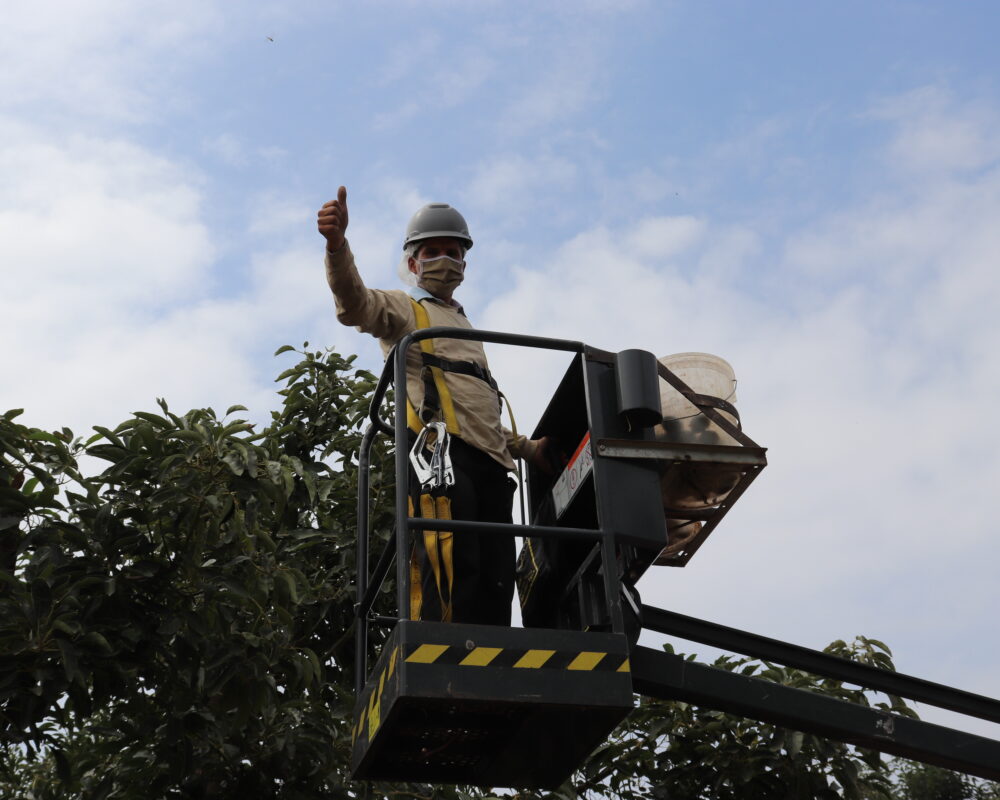
[Goal #8]
Decent work & economic growth
- Our dairy farm Clovelly Dairy was awarded as the “Employer of Choice” at the annual Tasmanian Dairy Awards 2021, recognising our commitment to compliance, safety and work standards.
- We launched a sustainability-linked loan KPI for our accident and near misses, tracking LTIFR (lost-time injuries, relative to hours worked). This adds even more awareness and importance to safety on our farms.
- LTIFR result of 3.63 for 2020/21, which although an increase from 1.91 last year, is still significantly lower than previous years.
- Our Romanian farm Campo D’Oro completed a pickers’ village to accommodate seasonal workers during the blueberry harvest. The village includes an on-site food store, outdoor relaxing areas and sports area. We also provide lunch and transport.
[Goal #12 ]
Responsible consumption and production
- All our arable farms are adding more nitrogen fixing legume crops into the rotation, such as peas, beans and vetch to help reduce synthetic fertilisers.
- We continued experimenting with companion crops on our farms, where two crops are grown together, such as wheat/fescue or barley/peas. This could help reduce both fertilisers and pesticides.
- We are adding more and more diverse cover cropping into the rotations. This year 22% of our net arable area had cover crops, compared to 8% five years ago.
- We are gradually integrating cattle and sheep into the crop rotations to maximise production by grazing crops pre- and post-harvest. This has the added benefit of nutrient and carbon cycling, improving soil health.
- We are currently investigating sources of waste on farm, plus their end destinations. We are exploring options to track and trace Ingleby Farms packaging.
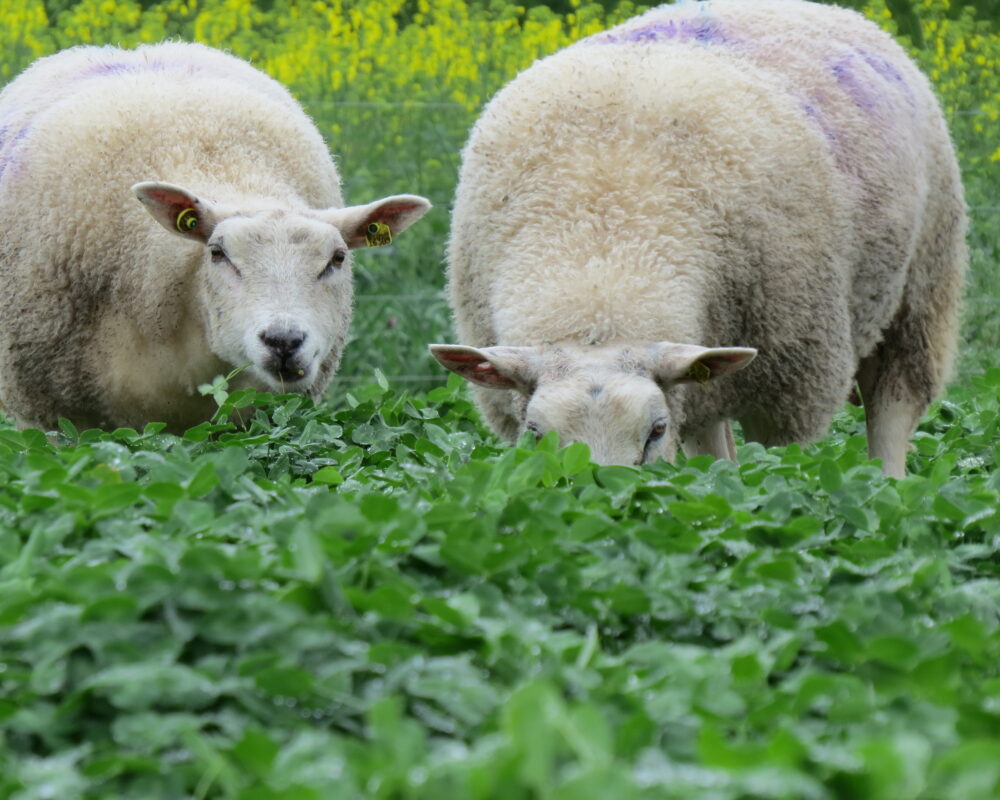
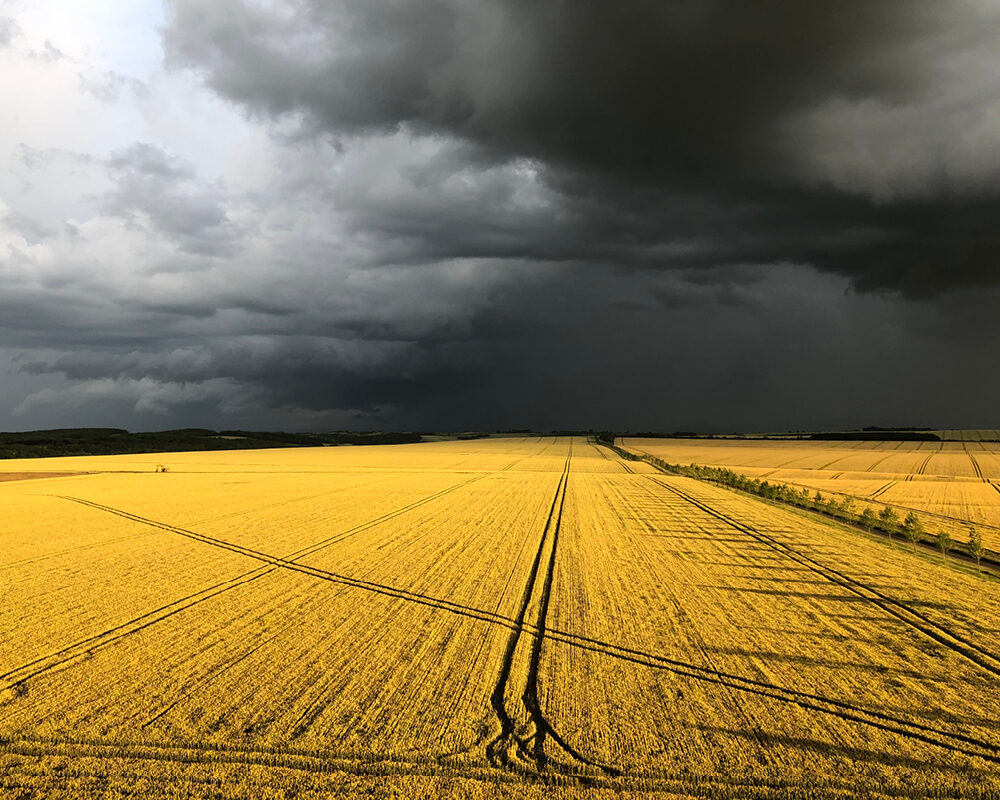
[Goal #13]
Climate action
- Across all our cropping, we have reduced the amount of synthetic pesticides by 23% compared to our benchmark (average use across 2016/17 – 2018/19).
- We have reduced synthetic nitrogen use by 6% compared to last year.
- One year after launching a company-wide ambition of climate-positive farming by 2030, we have completed phase 1 of our GHG inventory plan by benchmarking our cropping GHG footprints over two seasons.
- We commissioned a life cycle assessment (LCA) of our Uruguayan grass-fed beef, which analysed data from five years under IPCC Tier I and II methods.
- We have drafted a farm GHG reduction toolkit to identify and plan the most effective mitigation actions tailored for each farm.
- We have increased our use of renewable electricity to 61%.
- 9% of all the diesel consumed on our farms is biodiesel.
[Goal #15]
Life on land
- Customised plans (Farming with Nature plans) are in place for our European farms, while draft versions are under way for our New Zealand and Peruvian farms.
- Farming with Nature plans encompass measuring each farm’s environmental performance, identifying priority areas and actions to guide environmental improvements.
- Our long-standing values of sound animal welfare were recognised when our beef production from Uruguay achieved the Certified Humane certification. Certified Humane’s mission is to improve the lives of farm animals.
